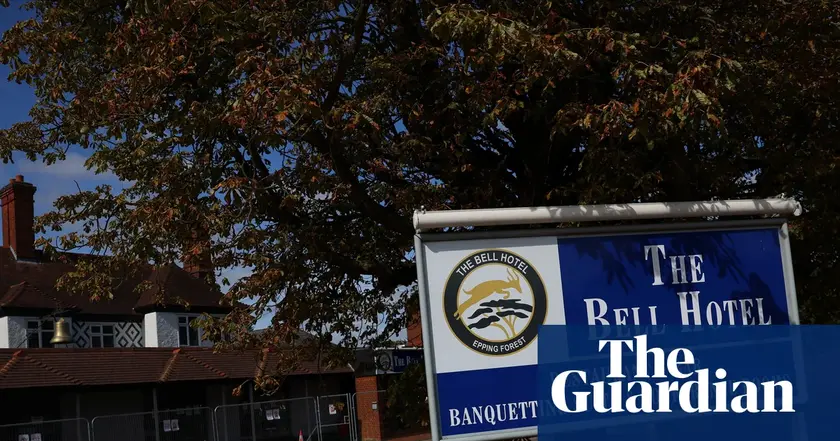T4K3.news
Labour councils map legal routes to end asylum hotels
Local authorities weigh injunctions and contingency sites after a court ruling prompts a broader housing strategy for asylum seekers.

Labour councils weigh legal action to close hotels housing asylum seekers after a court ruling prompts look at alternative sites.
Labour-run councils push legal routes to end asylum hotel use
Labour-run Wirral and Tamworth councils are weighing high court injunctions to close hotels housing asylum seekers after a ruling in Epping Forest allowed a local challenge to a hotel site's use. The decision signals that planning changes at the local level can be used to threaten or block government housing arrangements, potentially spurring other councils to consider similar legal moves. Ministers say they are examining contingency options if more councils pursue court action, including possible shifts to alternative sites such as Wethersfield Air Base in Essex and Napier Barracks in Kent.
Across England the government notes a broader trend: the number of asylum seekers housed in hotels remains high, but a growing share are being placed in contingency accommodation like flats or houses. The latest official figures show about 32,300 people in such arrangements by the end of March, reflecting a band of reform that aims to reduce hotel use by 2029 while expanding cheaper sites. Some councils have already ruled out legal action, while others say they will explore every available option, illustrating a patchwork approach to a national policy that remains hotly debated.
Key Takeaways
"We have a plan and we’re sticking to it to close asylum hotels by the end of the parliament"
government commitment cited in reaction to Epping Forest ruling
"Wirral has always been proud of its record in supporting families and those fleeing conflict, but it is unacceptable for the government to impose unsuitable, short-term arrangements"
local council leader Paula Basnett on local concerns
"The situation at Epping Forest represents a potentially important legal precedent"
summary of the ruling’s significance for policy
"Newcastle stands ready to play our part but it must work for our city and its people"
local authority stance on policy implementation
Three forces shape this moment. First, a court ruling is being treated as a lever to press for broader policy change at the local level. Second, the Epping Forest case raises questions about planning law and how quickly councils can reclassify sites used for housing. Third, the choice of sites for contingency housing, from Wethersfield to Napier Barracks, intertwines budget pressures with concerns about living conditions and community impact. The government argues the changes are necessary to meet a 2029 pledge, but critics warn that legal battles and rushed site moves risk alienating residents and obscuring the human costs for asylum seekers.
Highlights
- We have a plan and we’re sticking to it to close asylum hotels by the end of the parliament
- Wirral has always been proud of its record in supporting families and those fleeing conflict
- The situation at Epping Forest represents a potentially important legal precedent
- Newcastle stands ready to play our part but it must work for our city
Political and budget risks tied to asylum housing policy
The push to end hotel use for asylum seekers faces legal challenges, local opposition, and potential cost increases as governments weigh contingency sites. The clash between national policy and local planning could trigger backlash and public scrutiny.
Policy talks will keep testing how national aims travel down to the street level.
Enjoyed this? Let your friends know!
Related News

UK asylum hotel clash reshapes local politics

Councils plan legal action over asylum hotels

Portsmouth asylum housing data gap

Councils face asylum hotel challenges

Local councils eye injunctions over asylum hotels

High court ruling reshapes asylum seeker housing plan

Clashes in London over asylum seeker accommodation

Backlog and costs drive asylum housing debate
